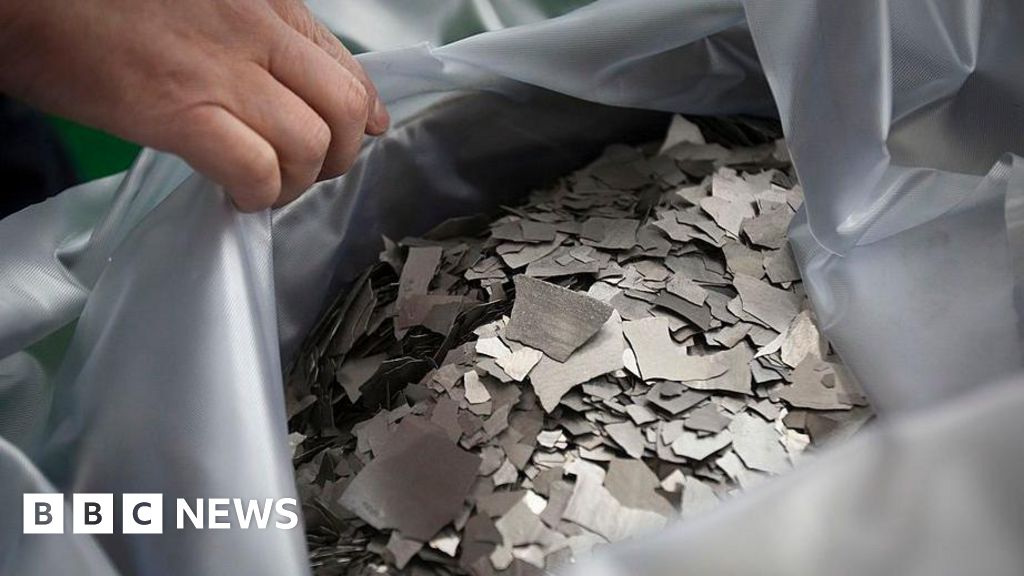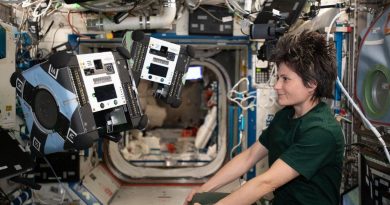China tightens export rules for crucial rare earths


China has tightened its rules on the export of rare earths – the elements that are crucial to the manufacture of many high-tech products.
New regulations announced by the country’s Ministry of Commerce “to safeguard national security” formalise existing rules on processing technology and unauthorised overseas cooperation.
China is also likely to block exports to foreign arms manufacturers and some semiconductor firms.
Rare earth exports are a key sticking point in the months-long negotiations between Beijing and Washington over trade and tariffs. The announcement comes as China’s President Xi Jinping and his US counterpart Donald Trump are expected to meet later this month.
Technology used to mine and process rare earths, or to make magnets from rare earths, can only be exported with permission from the government, the Ministry of Commerce said.
Many of these technologies are already restricted. China had added several rare earths and related material to its export control list in April, which caused a major shortage back then.
But the new announcement makes clear that licenses are unlikely to be issued to arms manufacturers and certain companies in the chip industry.
Chinese firms are also banned from working with foreign companies on rare earths without government permission.
China has been accused by the US and other Western countries of aiding Russia’s war on Ukraine by allowing dual technology exports – materials that can be used for either civilian or military purposes – to be sent to Moscow. Beijing has repeatedly denied this.
The latest announcement also clarifies the specific technologies and processes that are restricted.
These include mining, smelting and separation, magnetic material manufacturing, and recycling rare earths from other resources.
The assembly, debugging, maintenance, repair, and upgrading of production equipment are also prohibited from export without permission, the announcement added.
This could have an impact on the US, which has a significant rare earths mining industry but lacks processing facilities.
The new regulations create Beijing’s version of US rules which block countries from selling chip-making equipment to China.
The US has used those measures to slow China’s development of powerful chips that could be used for artificial intelligence (AI) with military applications.
Rare earths are a group of 17 chemically similar elements that are crucial to the manufacture of many high-tech products.
Most are abundant in nature, but they are known as “rare” because it is very unusual to find them in a pure form, and they are very hazardous to extract.
Although you may not be familiar with the names of these rare earths – like neodymium, yttrium and europium – you will be very familiar with the products that they are used in.
For instance, neodymium is used to make the powerful magnets used in loudspeakers, computer hard drives, electric car motors and jet engines that enable them to be smaller and more efficient.
China has a near monopoly on extracting rare earths as well as on refining them – which is the process of separating them from other minerals.
The International Energy Agency (IEA) estimates that China accounts for about 61% of rare earth production and 92% of their processing.
Additional reporting by Ian Tang of BBC Monitoring.

